The Hamlyn Lectures
Hamlyn Lectures are normally delivered in the autumn and the annual Hamlyn Seminar, which marks the publication of the lecture, is usually held in London in the following spring.
Details of past lectures are stored in our Hamlyn Lecture archives.
Published annual volumes of the lectures can be found on the Cambridge University Press website
2025
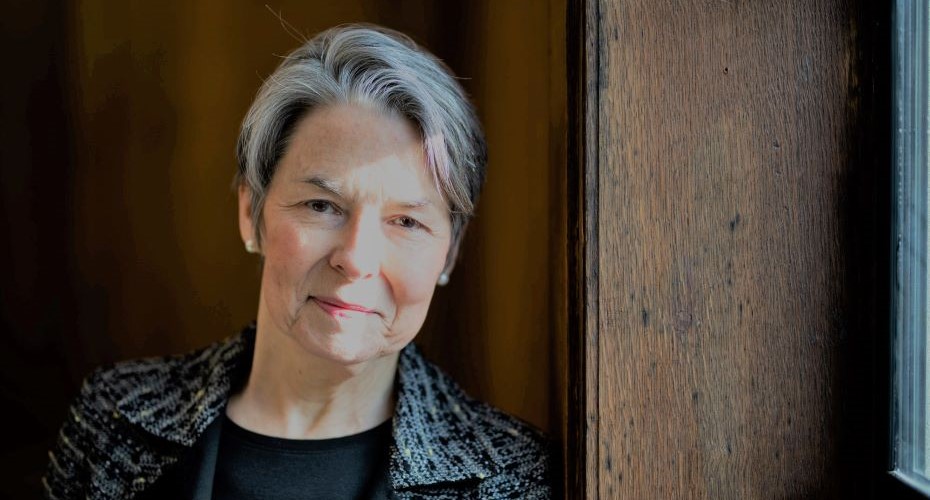
The 2025 Hamlyn lectures were delivered by Dame Sarah Worthington DBE, KC (Hon), FBA, FRSA
Sarah Worthington DBE KC(Hon) FBA is a British legal scholar and barrister. She is Professor of Law at the LSE, trustee of the British Museum and Chair of LSE Press. She returned to the LSE in 2022 after 11 years in Cambridge as the Downing Professor of the Laws of England where she co-founded and directed the Cambridge Private Law Centre. She specialises in commercial equity, personal property and corporate law. Her work has been influenced by time spent as a part-time deputy High Court judge, visiting appointments in Australia, South Africa and Hong Kong, and work with law reform and advisory bodies in the UK, US and Europe. She is a Barrister and Bencher of Middle Temple and an Academic Member of South Square Chambers. Her books include Equity in the Clarendon Law Series, the monograph Proprietary Interests in Commercial Transactions and Gower’s Principles of Modern Company Law (forthcoming edition with Professor Paul Davies and Mary Stokes).
‘The Paradoxes of Property: from Castles and Contracts to Information and Ideas’
These lectures examine what is protected under the rubric of ‘property,’ and why this special form of protection is provided in some contexts but withheld in others. The focus is on the various paradoxes that confound expectations and complicate accepted orthodoxies in property law. These subtle but persistent irregularities provide useful insights in dealing with some of our more intractable modern problems concerning the allocation and protection of scarce resources.
Although all laws serve a societal function, the framework of property law stands as a particularly powerful legal and normative institution. It structures and protects the acquisition, control, use, transfer and loss of access to valuable resources. Yet what, precisely, qualifies as ‘property’? What kinds of legal protection follow from that classification? And, crucially, what lies outside the “property box,” and with what consequences?
The aim in this series of lectures is to determine whether the current architecture of property law is capable of responding adequately to increasingly strident modern demands concerning the allocation and protection of new and newly valued modern resources.
Lecture 1: Edinburgh, Wednesday 5 November
-
- Chair: Professor Hector MacQueen, FBA, FRSE, Emeritus Professor of Private Law, Edinburgh Law School
-
This opening lecture addresses the foundational question: what does it mean to “own” something? It begins with assets we instinctively regard as property—a bicycle, a share, a patent—and contrasts these with other assets we also describe as “mine”, but which law treats differently—my privacy, my kidney, my idea, my data.
Ownership typically implies a right to exclude, to transfer and to seek redress for interference. But how far do those rights and protections extend? When can others deprive us of our property? What happens when others take or use our property, or damage or harm it? Some of these rules conform to widely held expectations; others do not. The “anomalies” are revealing, suggesting deeply embedded normative intuitions that offer guidance in exposing and developing a more nuanced and coherent legal framework.
Lecture 2: Cambridge, Wednesday 12 November
-
- Chair: Professor Louise Gullifer KC (Hon) FBA, Rouse Ball Professor of English Law, University of Cambridge; Fellow, Gonville and Caius College
- Watch the recording: Via this link
-
This lecture turns to the objects of ownership. What can we legally own, and how; and how are such interests created and extinguished? The focus ranges from traditional to emerging objects of ownership, concentrating on the more contested resources.
The lecture covers longstanding doctrinal and social debates over property in information, ideas, body parts and image rights; it also includes contemporary debates over ownership of cryptoassets, NFTs, AI-generated art and personal data. By probing these areas, this lecture highlights the tensions involved in regulating these novel forms of valued resources.
Lecture 3: LSE, Wednesday 19 November
-
- Chair: Professor Niamh Moloney FBA, Professor of Financial Markets Law, LSE Law School
-
- Watch the recording: Via this link
-
The final lecture asks whether our legal conception of property—with all its doctrinal sophistication and internal nuance—is adequate to meet the challenges of the twenty-first century. It examines whether existing property frameworks can meaningfully govern rights in resources now seen as both newly essential and increasingly scarce.
Examples include not only natural resources like clean water, air and energy, but also newer forms of value: cultural property, accurate information, and personal data and privacy. Can these be protected through the legal architecture of property, or is the “property box” an unsuitable container? This concluding lecture reflects on whether property law can evolve and expand to meet these concerns, or whether another route must be found.
2024
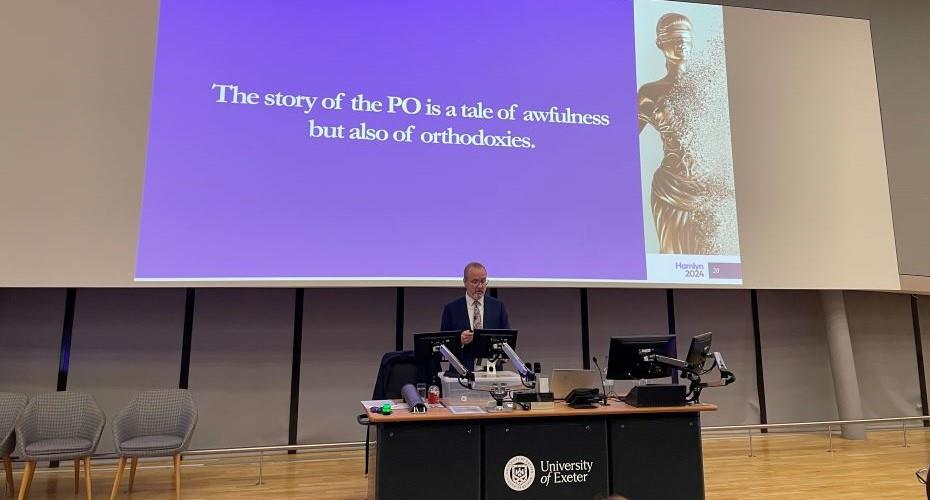
Frail Professionalism: Lawyers’ ethics after the Post Office and other cases
The 2024 Hamlyn Lectures were delivered by Professor Richard Moorhead, Professor of Law and Professional Ethics. The first was held at the University of Exeter, the second at University of Leeds and the third at UCL.
The Post Office Scandal has alerted the nation to trouble in the legal world and the profession to problems in its ranks.
To those more accustomed to looking at lawyers’ ethics, the problems are less surprising. They suggest bad decisions of course, taken by bad people sometimes, but also bad systems and cultures too. The consequences of the Scandal were unparalleled for those who owned and worked in Post Offices and their families, but the problems that were exposed with the lawyers were unsurprising, ugly manifestations of a certain kind of professional orthodoxy. We see a clue about how important those problems are in the way they spread so widely across all segments of the legal professions, junior and senior lawyers, in-house and independent practice, barristers and solicitors.
These lectures will argue it is time to change the way lawyers think and behave, and how courts, clients, and regulators set their expectations. As well as fair and rigorous enforcement, the intellectual frameworks of lawyers need refreshing, and the institutions they work within strengthening.
Lecture 1: Unreliable gods and their fearless logics: what drives ethical error?
- Date: 30 October 2024, University of Exeter
- Chair: Baroness Hale of Richmond, DBE, PC, FBA
This lecture considered what drives good lawyers towards ethical failures. It examined traditional notions of lawyers’ ethics, ideas such as fearlessness, zeal and Cab Rank neutrality, along with the human frailties that all humans, even – perhaps especially – lawyers face. It showed how such ideas can drive lawyers towards disaster, drawing on examples from the Post Office Scandal and elsewhere. It concluded that these traditional notions of ethics are flawed; that rather than protect the rule of law, they render it vulnerable.
Recording available here: https://youtu.be/i7DXnrmUCQQ
Lecture 2: Extraordinary orthodoxies and legality illusions: How legal logics can pollute institutions
- Date: 6 November 2024, University of Leeds
- Chair: Paul Gilbert
This lecture shifted the focus from the individual to their institutional contexts. Lawyers operate in organisations, and within courts, nurtured on the cultures of litigation, that can reinforce each other's vulnerabilities, giving rise to ‘extraordinary orthodoxies’ that can pollute sensible and just decision-making driving cover-ups and false narratives. Such orthodoxies are morally loaded, pathologically tactical, and explain many of the actions of lawyers in the Post Office Scandals and other cases. The idea that these orthodoxies culminate in the creation of legality illusions was developed to illustrate the need for a richer but simpler, socially meaningful notion of professional ethics that can have practical traction.
Recording available here: https://youtu.be/Imu9xDhI0S4
Lecture 3: Lucidity, morality and accountabilities: The routes back to proper professionalism?
- Date: 13 November 2024, UCL
- Chair: James Arbuthnot, Baron Arbuthnot of Edrom, PC
This lecture suggested potential routes to invigorating lawyers’ ethics. It advocated reframing professional thinking so that lucid, practical, meaningful instantiations of integrity and independence match client loyalty. It asked, does good judgment (and indeed the law) demand a place for morality in professional decision-making? And if so, what kind of morality? And how should uncertainty and risk be managed proportionately and without paternalism. An agenda for professional rule changes, regulatory practice, education, the courts, professional privilege and corporate governance was suggested by the orthodoxies the Post Office Scandal reveals; its victims demand our attention, and this lecture proposed ideas for action.
Recording available here: https://youtu.be/_kab6_mHBKY
You can read the transcription of the three lectures in the document below:
2023
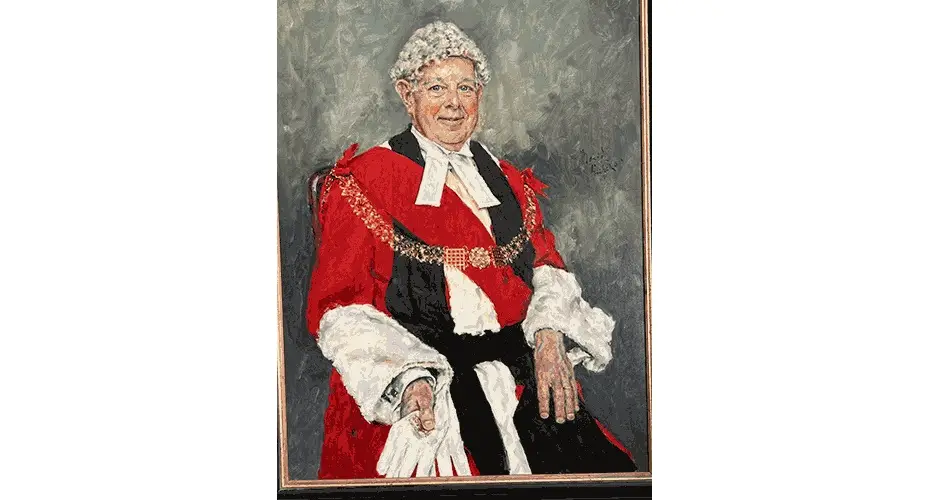
Laws for a Nation and Laws for Transnational Commerce
The 2023 Hamlyn lectures were delivered by Lord Thomas of Cwmgiedd. The lectures focused on the relationship between law and nations through specific issues of current and longer-term interest: (1) the scope of Welsh law after its re-birth and (2) law used in transnational commerce. The lectures explored the laws that a nation needs and are national in their application and the laws needed for transnational commerce that are best if transnational in their application or agreed as transnational law.
John Thomas practiced at the Commercial Bar in London from 1972. He was appointed to the High Court of England and Wales in 1996. He was a Presiding Judge of the Wales and Chester Circuit 1998-2001 and Judge in Charge of the Commercial Court 2002-3. In 2003, he was appointed to the Court of Appeal and was Lord Chief Justice of England and Wales (2013-2017). He is President of the Qatar International Court, an arbitrator and takes part in the business of the House of Lords. He is Chair of the Steering Committee of the Standing International Forum of Commercial Courts, Chair of the Financial Markets Law Committee and President of the London Shipping Law Centre. He was First Vice-President of the European Law Institute 2019-2023. He is Chancellor of Aberystwyth University and President of the Welsh Legal History Society. He chaired the Welsh Government’s Commission on Justice in Wales (2017-19): Justice in Wales for the People of Wales.
Lecture 1: Law for a Nation - Wales
- Date: Thursday 5 October
- Venue: Cardiff University School of Law and Politics
- Chair: Professor Carwyn Jones
- Listen to the lecture
Lecture 2: Law for Commerce: English Commercial Law as a System for Transnational Commerce
- Date: Wednesday 17 November 2023
- Venue: Bramall Concert Hall, Birmingham University, Birmingham
- Chair: Professor Lisa Webley
- Watch the lecture
Lecture 3: The Development of Transnational Law for Commerce and the Continuing Role of English Law
- Date: Tuesday 7 November 2023
- Venue: Guildhall, City of London
- Chair: Sir David Whooton
- Listen to the lecture
2022
Courts and the Body Politic
The 2022 Hamlyn lectures were delivered by Professor Catherine O’Regan, Bonavero Institute of Human Rights, Oxford University.
Lecture 1: The Expanding Role of the Courts
Date: Wednesday 2 November 2022, 18:00-19:00
- Venue: Moot Court Room, School of Law, Queen’s University Belfast
- Chair: Professor Kieran McEvoy
Lecture 2: Courts and the Executive Branch of Government
Date: Wednesday 9 November 2022, 18:00-19:00
- Venue: Senate Room, Main Building Glasgow G12 8QQ, Glasgow
- Chair: Professor Nicole Busby, Professor in Human Rights, Equality and Justice
Lecture 3: Courts and Fundamental Rights
Date: Wednesday 16 November 2022, 17:30-19:00
- Venue: Sir Joseph Hotung Auditorium, Mansfield College, Oxford
- Chair: Helen Mountfield KC
2021
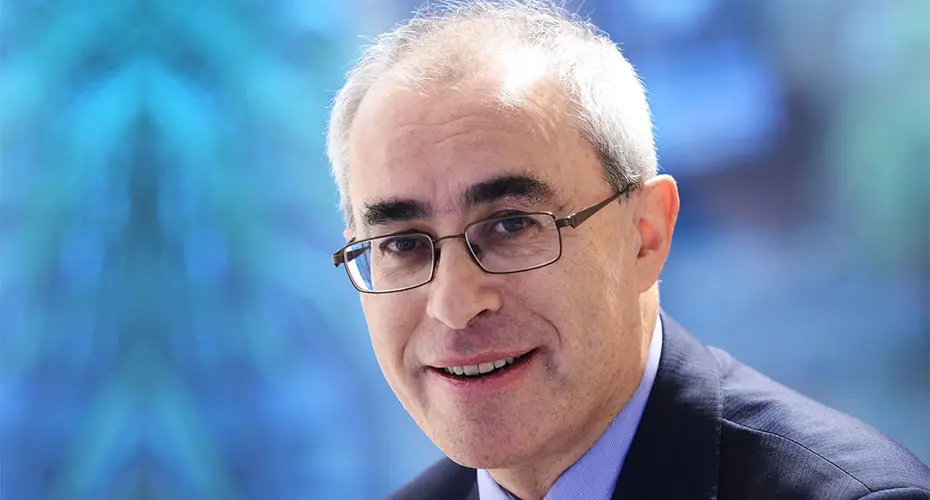
Advocacy
Delivered by Lord Pannick QC Blackstone Chambers.
Lecture 1: The Essence of Advocacy
Date: Tuesday 9 November 2021, 17:30-18:30
- Venue: Grays Inn Hall
- Chair: The Rt. Hon. The Lord Reed of Allermuir PC FRSE
- Recording available here
Lecture 2: The Morality of Advocacy
Date: Wednesday 10 November 2021, 18:00-19:00
- Venue: Senedd Building, Cardiff Bay
- Chair: The Rt. Hon. Lord Lloyd-Jones FLSW
- Recording available here
Lecture 3: The Future of Advocacy
Date: Thursday 11 November 2021, 18:00-19:00
- Venue: The Law Faculty Building, Gulbenkian Theatre, Oxford
- Chair: The Rt. Hon. Lord Burrows QC
- Recording available here (passcode mn6Y3f=h)
2020
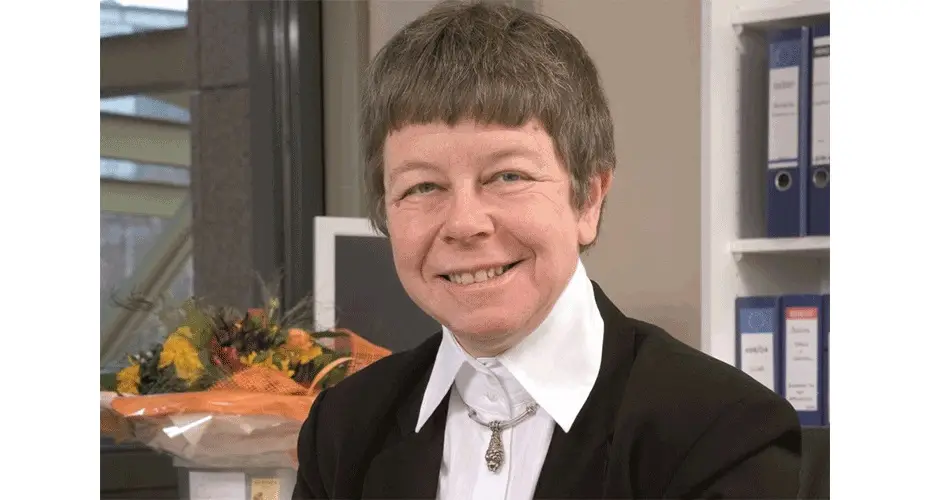
The Great Experiment: Constructing a European Union under the Rule of Law from a Group of Diverse Sovereign States
Delivered by Eleanor Sharpston QC, Advocate General 2006-2020, Court of Justice of the European Union.
Lecture 1: Competing claims to pre-eminence and the lessons of history
- Date: Thursday 29 October 2020, 18:00-19:00
- Venue: A online event, hosted by the Faculty of Advocates, Edinburgh
- Chair: Rt Hon. Sir David Edward
Recording available below.
Lecture 2: A new start, a new model, a unique challenge
- Date: Monday 2 November 2020, 18:00-19:00
- Venue: An online event, hosted by Queen’s University, Belfast
- Chair: Mr Brian Doherty, previously Solicitor to the devolved government of Northern Ireland
Recording available below.
Lecture 3: Taking stock and looking forward
- Date: Monday 23 November 2020, 18:00-19:00
- Venue: An online event, hosted by the Honourable Society of Middle Temple
- Chair: Lord Anderson of Ipswich KBE QC
Recording available below.
Download the Hamlyn Series 2020 flyer
2019
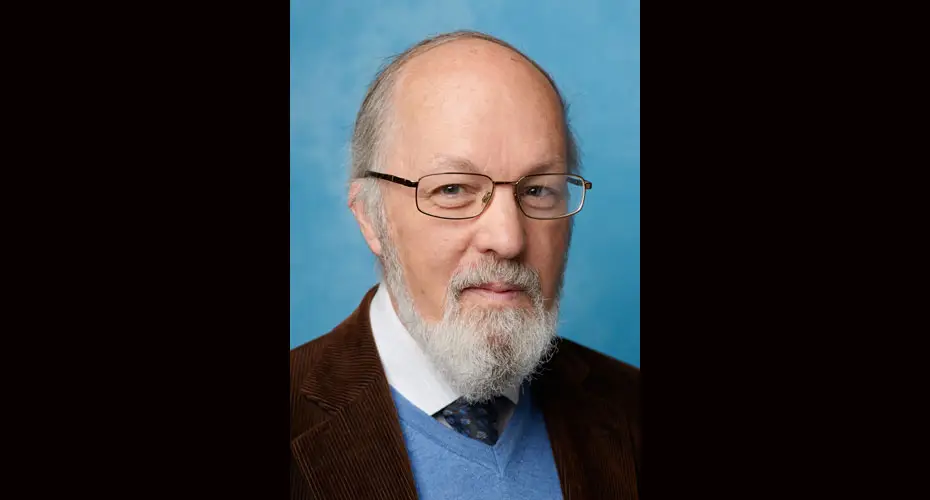
English Law under two Elizabeths
Delivered by Professor Sir John Baker, Q.C., LL.B., Ph.D. (Lond.), M.A., LL.D. (Cantab.), Hon. LL.D. (Chicago), F.B.A.; Downing Professor Emeritus of the Laws of England in the University of Cambridge
Lecture 1: English Law under Elizabeth I
- Date: Tuesday 19 November 2019, 17:00-18:00 Drinks reception 18:00
- Venue: University of Cambridge - LG18, The Sir David Williams Building, 10 West Road, Cambridge CB3 9DZ
- Chair: Professor David Ibbetson, President of Clare Hall, University of Cambridge
Lecture 2: The Age of Common Law and the Age of Statute
- Date: Thursday 21 November 2019, 18:00-19:00 Drinks reception: 17:00
- Venue: University of Reading - Palmer Building 1.09, Whiteknights Campus, Reading RG6 6UR
- Chair: Dr Ian Williams, Faculty of Laws, University College London
Lecture 3: The Elizabethan Inheritance
- Date: Thursday 28 November 2019, 18:00-19:00
- Venue: Chancellor’s Hall, Senate House, University of London, WC1E 7HU
- Chair: The Rt Hon the Lord Judge
Download the Hamlyn Series 2019 flyer
2018
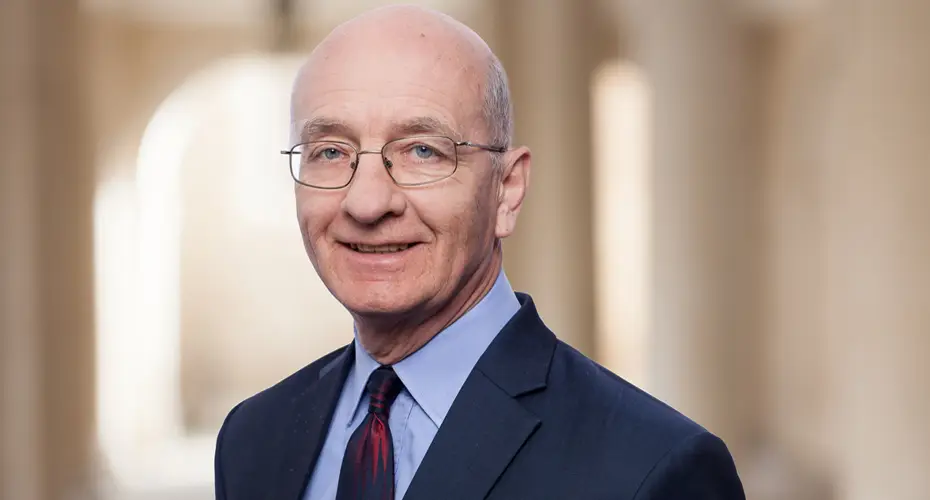
Why does Equality seem so difficult? Three Problems in Comparison
Delivered by Robin Allen QC Co-Head of Cloisters Chambers, Bencher of Middle Temple, Chair of the Equality and Diversity Committee of the Bar Council of England and Wales.
Aristotle said that equal treatment required like situations to be treated alike, and unlike situations differently. Ever since, jurists, politicians and the public have argued over when situations are, and are not, alike. In the 2018 Hamlyn Lectures Robin Allen QC discusses three aspects of this problem of comparison at the heart of equality law:
Lecture 1: The newest problem: Making a fair comparison across all ages.
Tuesday 23 October 2018 at 5.30pm
Venue: Moot Court Room, School of Law, Main Tower Building, Queen’s University Belfast
Lecture 2: The oldest problem: Establishing equal work.
Tuesday 30 October 2018 at 6pm
Venue: Faculty of Advocates, Laigh Hall, Parliament House, 11 Parliament Square, Edinburgh, EH1 1RQ.
Lecture 3: The most contentious problem: Comparing rights in conflict.
Monday 5 November 2018 at 6pm
Venue: Middle Temple, London EC4Y 9BT
Download Hamlyn Series 2018 flyer
2017
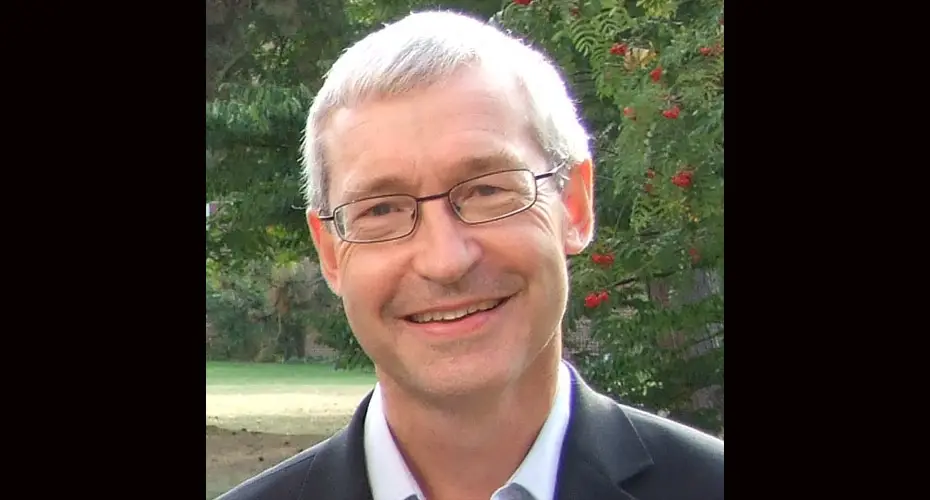
Thinking about Statutes:
Interpretation, Interaction, Improvement
Delivered by Professor Andrew Burrows
MA, BCL, LLM (Harvard), QC (Hon), FBA, DCL
Barrister and Honorary Bencher of Middle Temple, Professor of the Law of England and a Fellow of All Souls, University of Oxford
Lecture 1 - Statutory Interpretation
Chair: Baroness Hale of Richmond, President of the UK Supreme Court.
Wednesday 1 November, 17.30-18.30
Venue: Gulbenkian Lecture Theatre, Faculty of Law, St Cross Building, University of Oxford, OX1 3UL
Lecture 2 - The Interaction between Common Law and Statute
Chair: Lord Dyson
Thursday 9 November, 18.00-19.00
Venue: Whitworth Hall, University of Manchester, Manchester M13 9NR
Lecture 3 - Improving Statutes
Chair: Elizabeth Gardiner, First Parliamentary Counsel
Wednesday 15 November, 18.00-19.00
Venue: Institute of Advanced Legal Studies, 17 Russell Square, London WC1B 5DR
Further information
For full information, please download the Hamlyn Series 2017 flyer.
2016
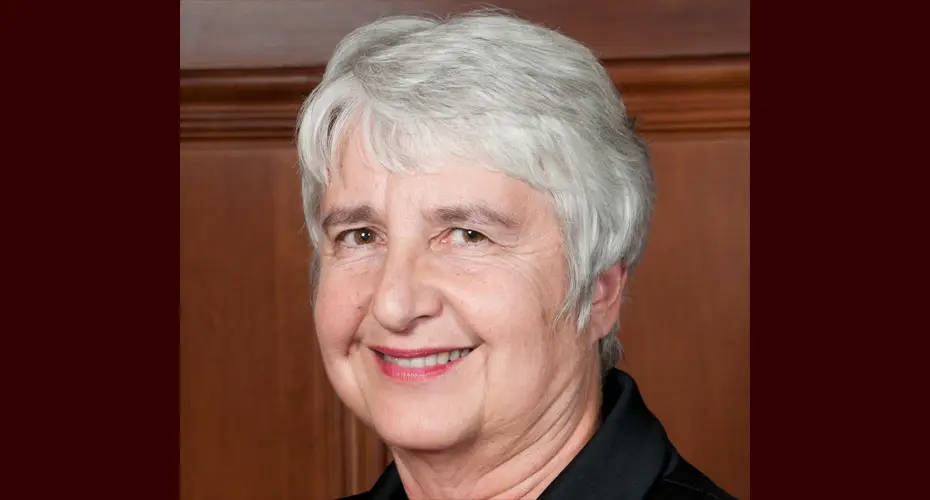
Golden Threads and Pragmatic Patches: Fairness in Criminal Justice
Delivered by Dame Sian Elias, Chief Justice of New Zealand
Lecture 1 - Fair and Just?"
Chair: The Right Honourable The Lord Thomas of Cwmgiedd Kt PC QC, Lord Chief Justice of England and Wales
Tuesday 8 November, 18.00 (17.00 Reception) Venue: Cardiff School of Law and Politics, Cardiff University, Law Building, Museum Avenue, Cardiff, CF10 3AX
Lecture 2 - Righting Criminal Justice
Chair: Sir Stephen Sedley Former Lord Justice of Appeal
Monday 14 November, 18.00
Venue: The Alumni Auditorium, The Forum, University of Exeter, Streatham Campus, Exeter EX4 4QJ
Lecture 3 - The Most Important of all Judicial Functions
Chair: The Lord Lester of Herne Hill QC
Thursday 17th November, 18.00
Venue: Old Hall, The Honourable Society of Lincoln’s Inn, London WC2A 3TL
Further information
For full information, please download the Hamlyn Series 2016 flyer.
2015
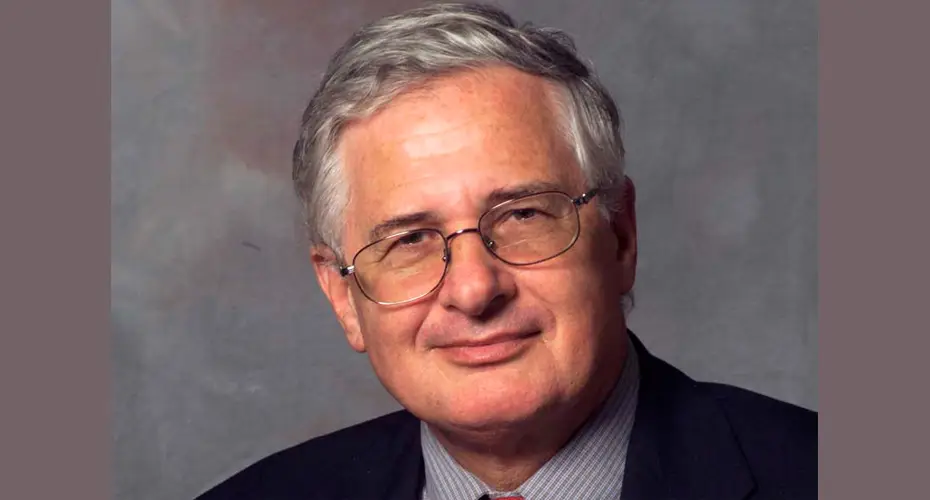
The Hamlyn Lectures 2015 were delivered by Professor Michael Freeman under the title A “Magna Carta” for Children? – Rethinking Children’s Rights.
Michael Freeman is Emeritus Professor of English Law at University College London; a Fellow of the British Academy; of Gray’s Inn, Barrister; Fellow of University College London; and Editor of the International Journal of Children’s Rights.
- Lecture 1: 11 November 2015 (University of Leeds) ‘Are Children Human?’
- Lecture 2: 18 November 2015 (University of Nottingham) ‘Even Lawyers were Children Once’
- Lecture 3: 25 November 2015 (University College London) ‘A “Magna Carta” for Children?’
2014
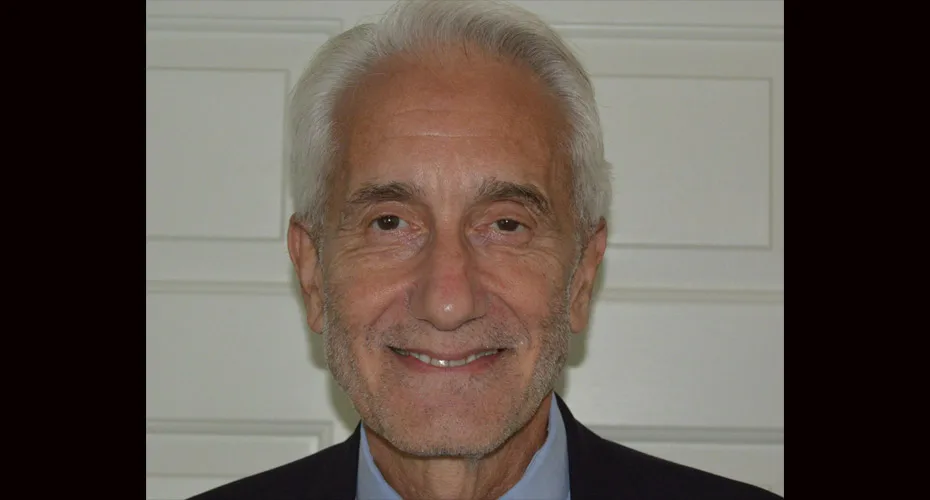
The Hamlyn Lectures 2014 were delivered by Professor Paul Craig.
Paul Craig is Professor of English Law at St John’s College, Oxford. He is the alternate UK member of the Venice Commission on Law and Democracy, an institution within the Council of Europe.
19 November: Lecture 1 - Foundations of UK Administrative Law: The Common Law Method, Values and Constestation
26 November: Lecture 2 - Foundations of Global Administrative Law: Governance, Regulatory Power beyond the State and Administrative Legality
02 December: Lecture 3 - Foundations of EU Administrative Law: Treaty Foundations, Judicial Crea-tivity and the Hierarchy of Norms
Further information
For full information download the Hamlyn Series 2014 flyer.